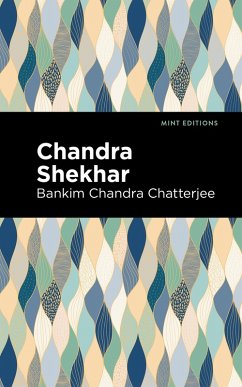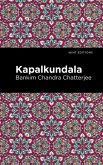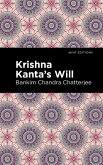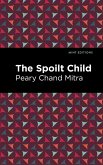Two young lovers rest along the bank of the Ganges River. Despite their strong affections, they are forbidden from marrying as distant relatives. Proposing they commit suicide together, Prapat sinks into the water, lowering himself as far as he can while the beautiful Shaibalini, overcome with doubt, looks on. Chandra Shekhar is a novel by Bankim Chandra Chatterjee.
Dieser Download kann aus rechtlichen Gründen nur mit Rechnungsadresse in A, D ausgeliefert werden.









